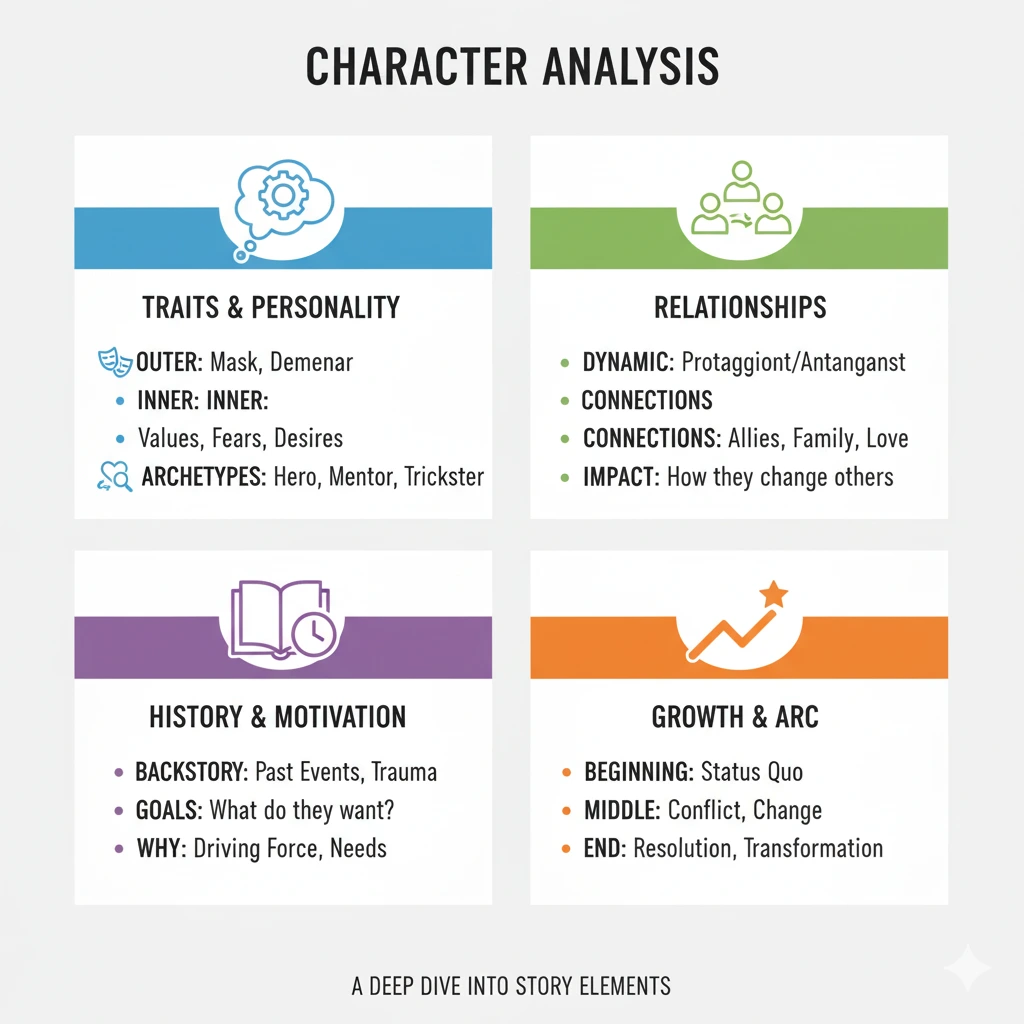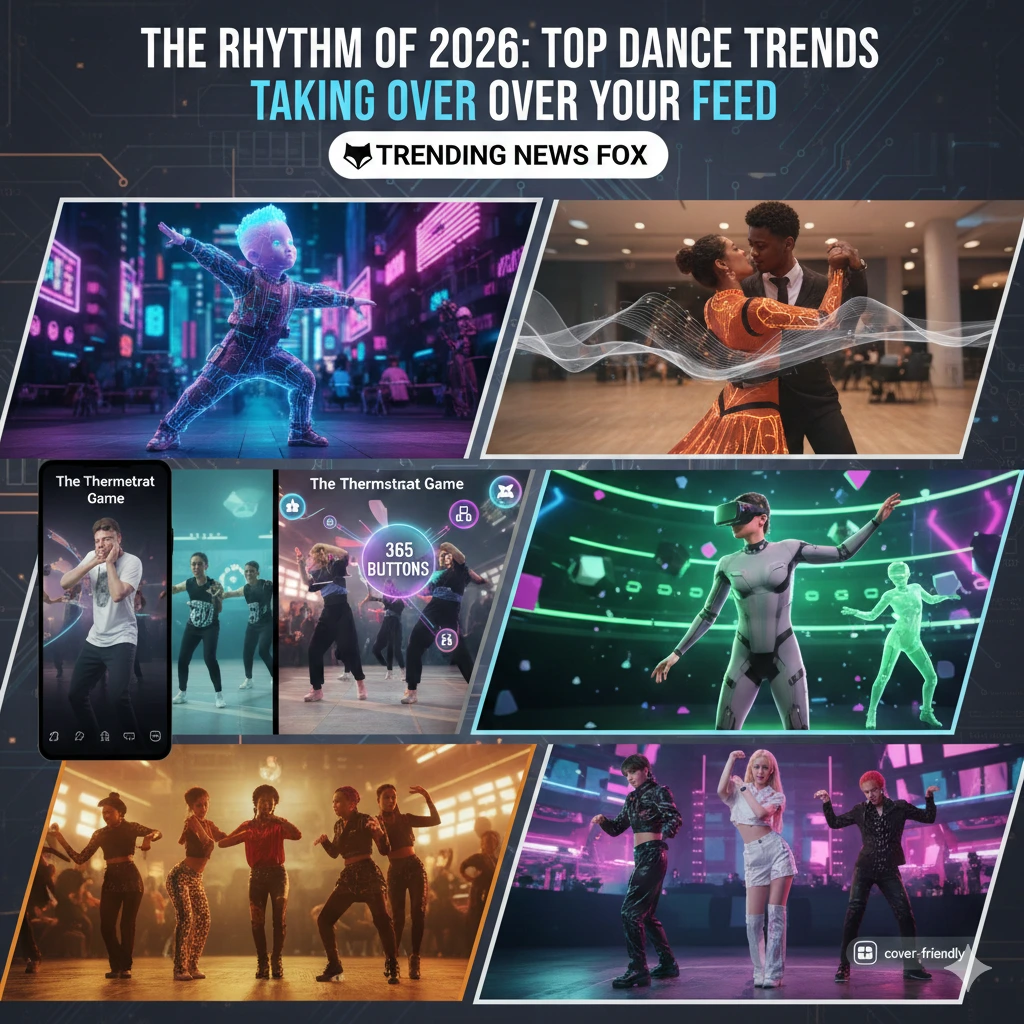Explore in-depth Analysis of Character techniques that reveal motivations, traits, and development in literature and film. Enhance your understanding today.
Here’s an article exploring the idea that “The Analysis of Character is the Highest Human Entertainment,” delving into why we are so fascinated by understanding others and ourselves:
The Unending Fascination: Why The Analysis of Character is The Highest Human Entertainment
From the earliest campfire stories to today’s binge-worthy streaming series, one core element has consistently captivated humanity: character. Whether we’re dissecting the motives of a fictional villain, speculating on a celebrity’s true personality, or trying to understand a friend’s latest decision, the act of analyzing character seems to be an intrinsic and endlessly entertaining human pursuit.
Indeed, it can be argued that this deep dive into the human psyche is, in many ways, the highest form of entertainment we experience.
Analysis of Character: The Primitive Roots
Our fascination with character isn’t a modern phenomenon; it’s deeply wired into our evolutionary past. In tribal societies, understanding the intentions, reliability, and emotional states of others was crucial for survival. Who could be trusted? Who was a threat? Who possessed valuable skills?
Also, read Where is the Best Room on a Cruise Ship
This fundamental need for social intelligence laid the groundwork for our complex psychological curiosity. We are, at our core, social creatures, and understanding our fellow beings is paramount to navigating our world.
The Art of Storytelling: A Mirror to Ourselves
Every great story, regardless of its medium – literature, film, theatre, even a captivating anecdote – revolves around compelling characters. We don’t just follow plots; we follow people.
- Relatability: We see echoes of ourselves, our struggles, and our aspirations in fictional characters, creating a powerful emotional connection. We analyze their choices, imagine ourselves in their shoes, and learn vicariously.
- Empathy and Perspective: By stepping into another’s mind, even a fictional one, we expand our capacity for empathy. We grapple with moral dilemmas, understand different worldviews, and broaden our own perspectives.
- Predictive Power: Part of the fun is predicting what a character will do next, based on what we know of their past actions, motivations, and flaws. This mental exercise sharpens our own observational skills.
The meticulous crafting of character arcs – growth, decline, redemption, corruption – offers an unparalleled dramatic experience, holding our attention not with explosions, but with the intricate dance of human will and circumstance.
The Everyday Drama: Gossip, Psychology, and Self-Reflection (Analysis of Character)
Beyond structured narratives, our daily lives are brimming with opportunities for character analysis:
- Social Observation (aka “Gossip”): While often dismissed as trivial, social observation and the sharing of insights about others (“gossip”) are, at their heart, acts of character analysis. We’re collectively trying to understand the rules of social interaction, learning from others’ successes and failures, and solidifying group norms.
- Psychology and Self-Help: The booming industries of psychology, self-help, and personal development are direct testaments to our desire to understand character – both our own and others’. We seek frameworks to categorize personality types, understand cognitive biases, and decipher emotional responses.
- True Crime and Biographies: The enduring popularity of true crime podcasts, documentaries, and biographies stems from a morbid yet profound curiosity about the extremes of human behavior – what drives someone to commit heinous acts, or conversely, to achieve extraordinary feats?
Why “Highest Entertainment”? (Analysis of Character)
What elevates character analysis above other forms of entertainment?
- Intellectual Engagement: It’s not passive. It demands active thought, deduction, and empathy. It stimulates our cognitive abilities in a way that purely sensory entertainment often doesn’t.
- Emotional Depth: It taps into the full spectrum of human emotions – joy, sorrow, anger, fear, love, betrayal – through relatable lenses.
- Self-Discovery: Every time we analyze another character, we inevitably learn something about ourselves. Our reactions, judgments, and identifications reveal our own values, biases, and desires.
- Infinite Complexity: Unlike a puzzle with a single solution, human character is infinitely complex and ever-evolving. There’s always another layer to peel back, another motive to uncover, another nuance to appreciate. This unending richness ensures perpetual engagement.
In a world increasingly saturated with fleeting distractions, the deep, resonant satisfaction derived from truly understanding a character – real or imagined – stands as a testament to humanity’s most enduring and profound source of entertainment. It is, perhaps, the most human thing we do, a continuous exploration of what it means to be alive and connected.




